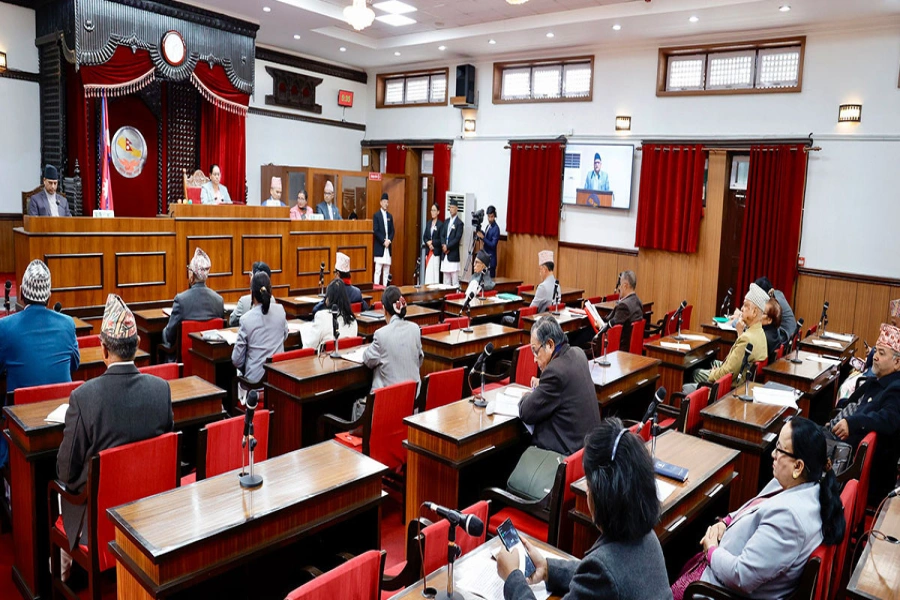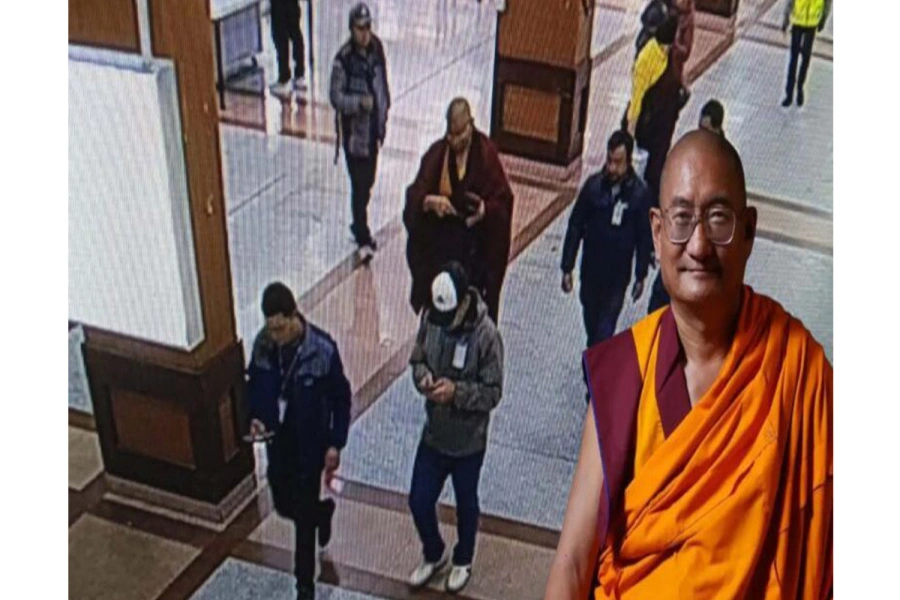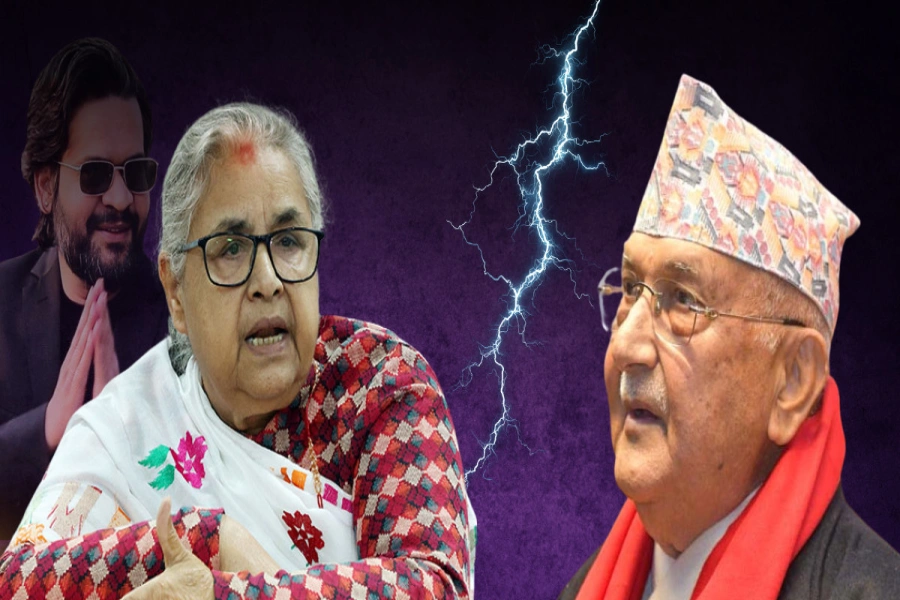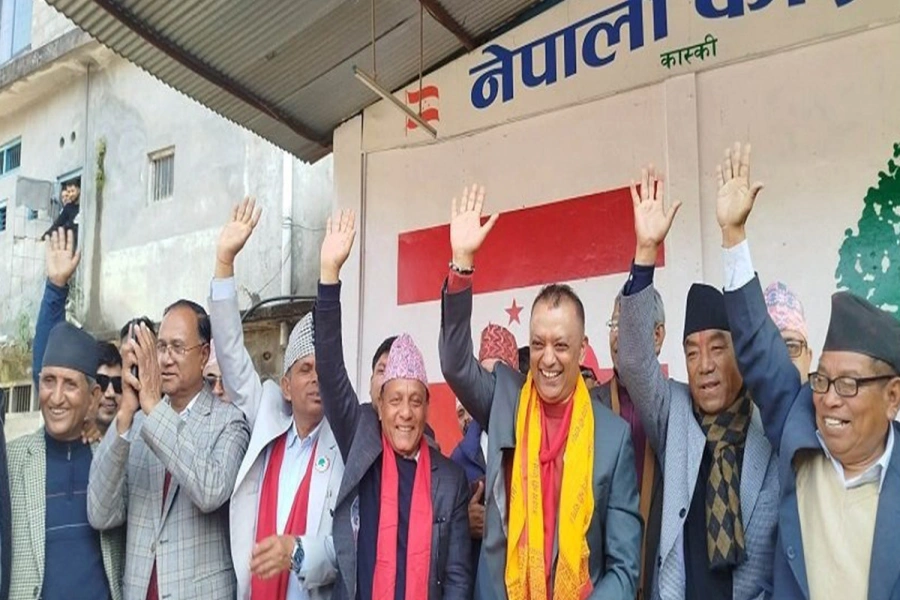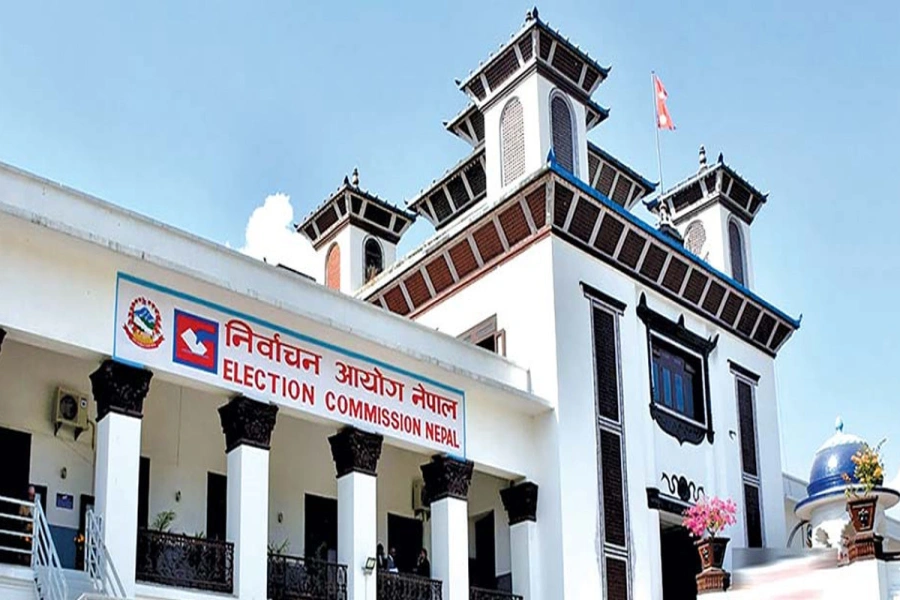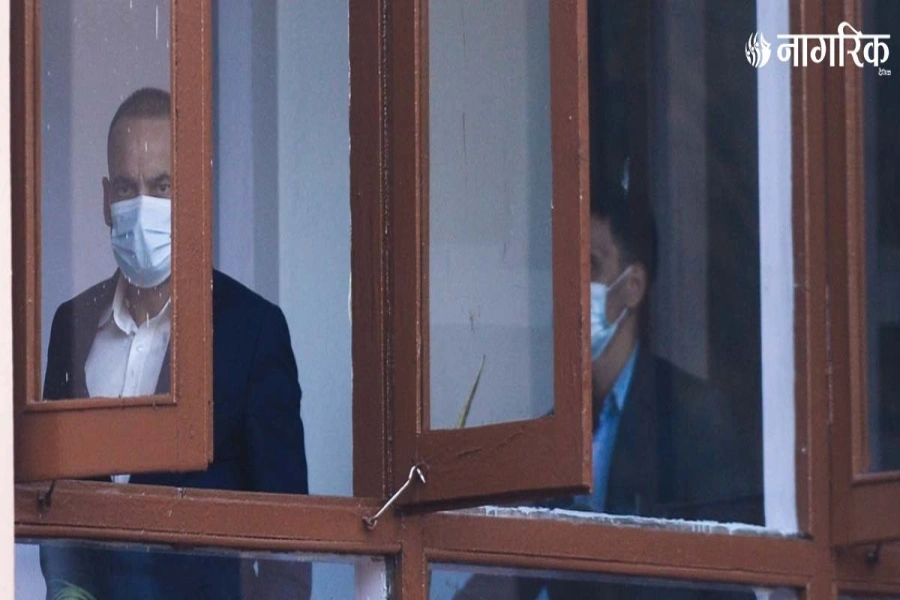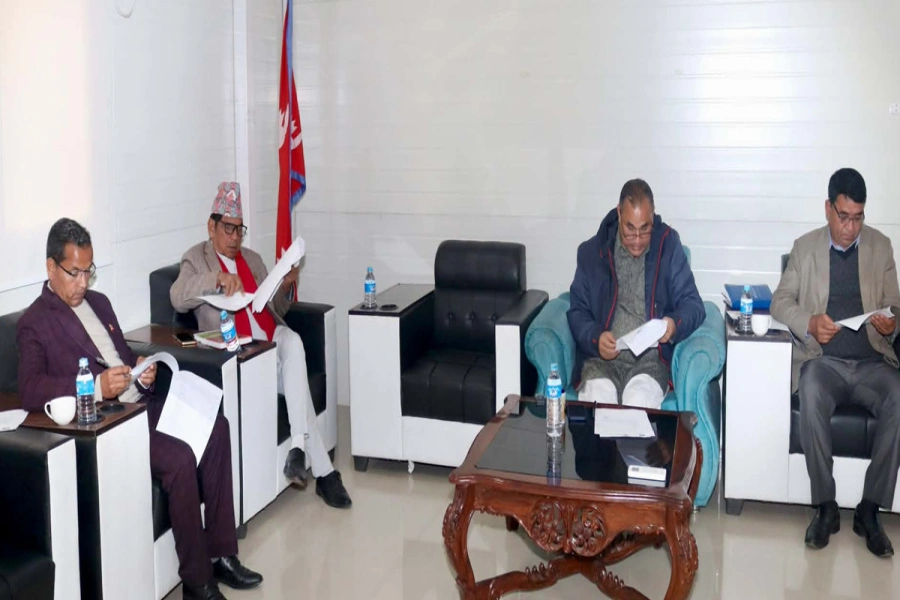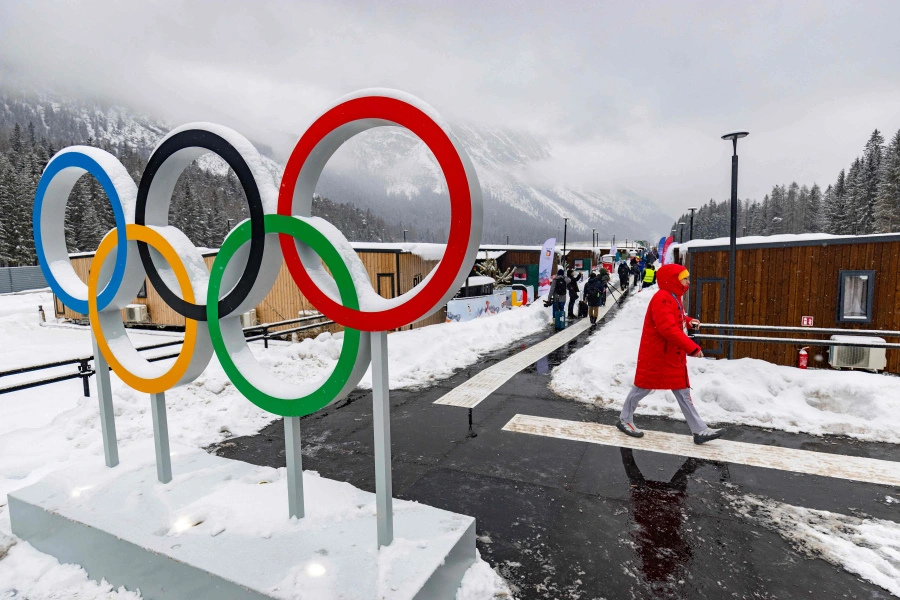Nepali media outlets have contributed a great deal in safeguarding freedom and democracy and have consistently served as voice of the voiceless. They have kept people informed about wrongdoings of political leaders, private and public enterprises by exposing their ills. During the 2006/07 People’s Movement, for example, Nepal’s private media sided with democratic parties fighting against direct rule of the king and this resulted in success of the movement as well. Private media in those days was rightly described as a ‘third party’ for the role it played to generate solidarity for democracy’s cause. Media outlets have stood strongly against wrongdoings—including the big corruption cases parties failed to take up—in sectors such as anti-corruption body like CIAA and the Judiciary. They have exposed public land encroachment scam, and provided big support to government’s effort in dismantling syndicates and cartels in public transport among others. The role Nepali media played during the most difficult times of economic blockade must not have been lost in public memories.
Local govt officials urged to be selective in foreign trips
_20230205122050.jpg)
Yet, private Nepali media and journalists working in them are treated with bias by our own authorities. This was apparent during Indian Prime Minister Narendra Modi’s latest Nepal visit. Nepali journalists were prohibited entry in Janaki and Muktinath temple premises where PM Modi performed special prayers. Few journalists who were allowed entry were foreign media representatives. The story got repeated in civic reception in the city hall of Kathmandu on Saturday as well. While Nepali journalists (including those who had been earlier granted ‘press passes’ to cover the events) were made to wait outside, Indian journalists were allowed to enter unrestricted. It was humiliating for Nepali journalists to be prohibited to enter the ‘grand’ ceremony and report the event. This selective exclusion of media personnel is dishonest and shows tendency of ruling authorities to treat Nepali journalists as second class professionals in their own land. Such behavior is insulting and unacceptable. We have noticed such behaviors in other international events held in Nepal. More appallingly, even the Office of the President does not entertain journalists from private media to report on the events inside Sital Niwas. There could be two reasons behind this. One, when in power Nepali political actors fear being asked hard questions on transparency and accountability which they sorely lack. Or it could be that they consider Nepali media as a platform to use only when they want it. Either case smacks of deep-rooted bias and arrogance.
Media’s outreach has spread deep and wide across the country. With the rise of online media portals, it has become easy for Nepali public to gather information about all types of events and political situations instantly. It is not called the fourth state for nothing. Nepali media enjoys a greater degree of public credibility—at least much more than political institutions and bureaucracy. It would be a mistake to undermine strength of media and their role. Let there be no bias against journalists based on which country or which media organizations they represent. Lest we forget, the first guarantee of survival of democracy is when media is provided unrestricted access and freedom.


